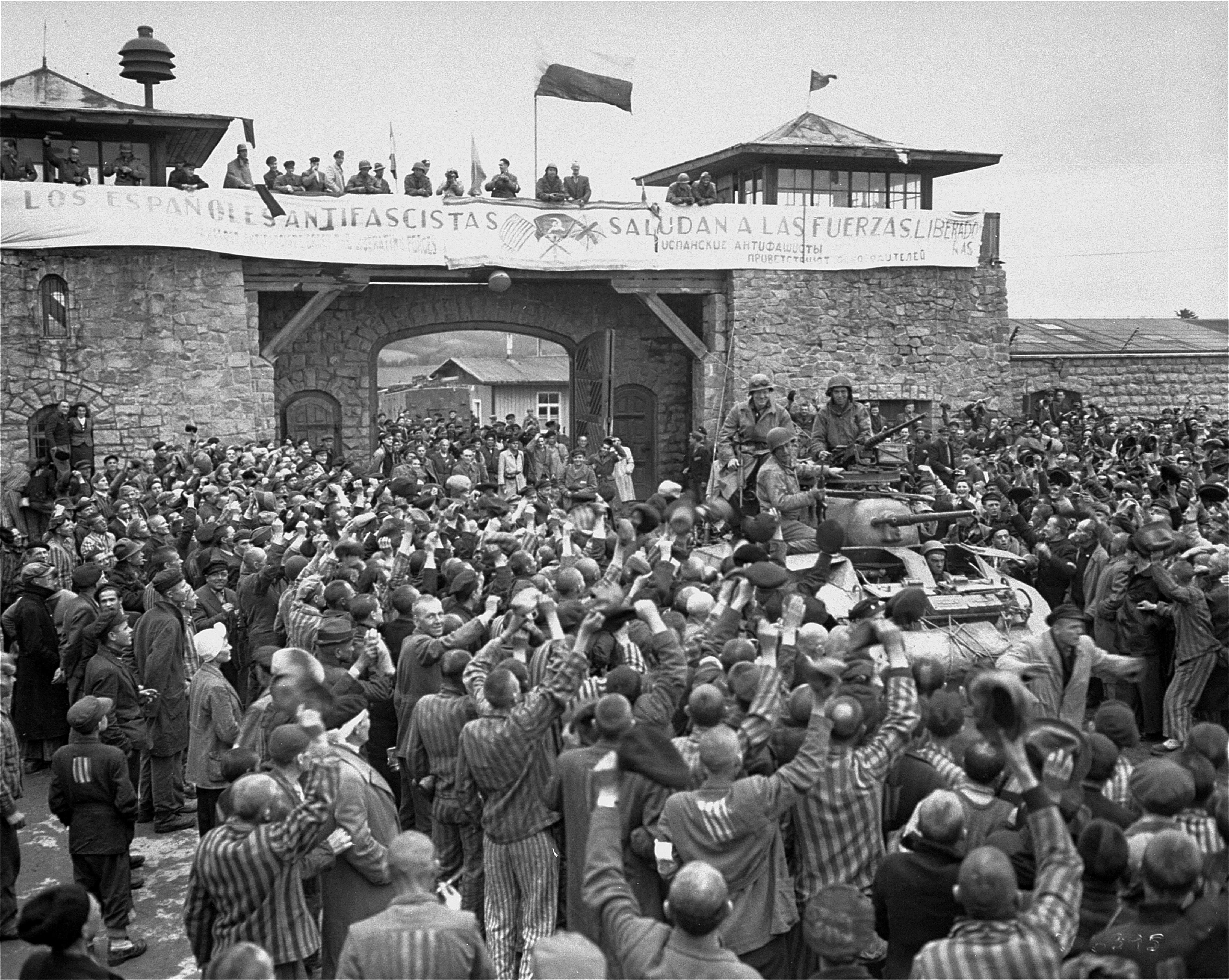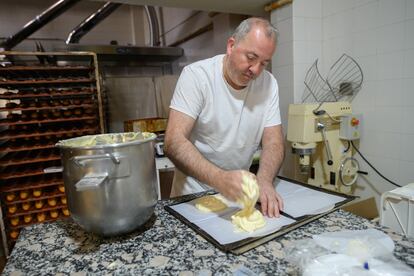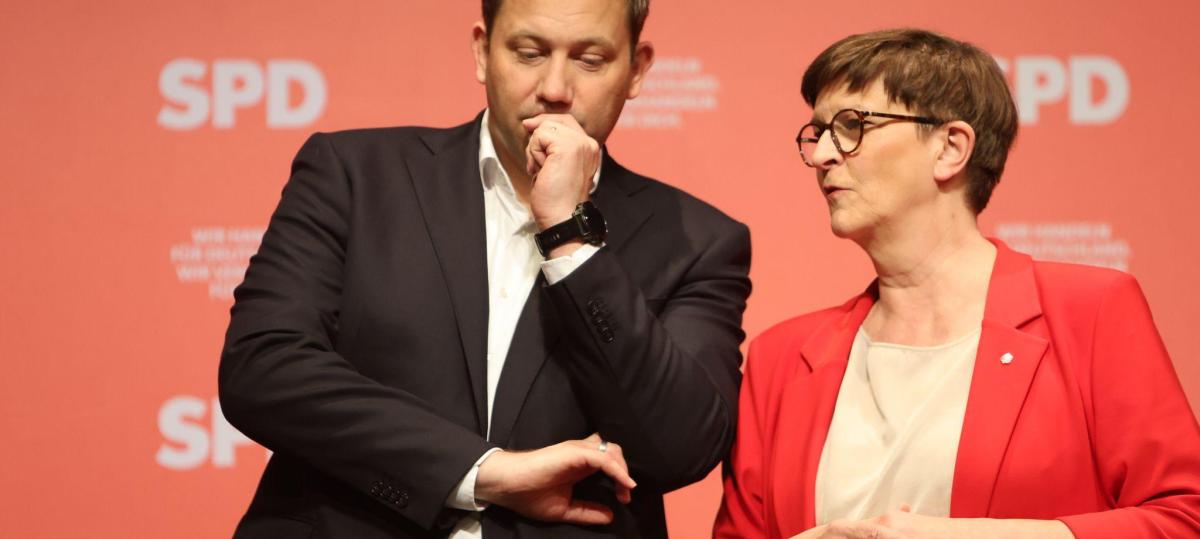The Prosecutor’s Office initiates an investigation into the Spaniards admitted to Nazis concentration camps | Spain

Coinciding with him 80th anniversary of the release of the Nazi concentration camp De Mauthausen, the Human Rights and Democratic Memory Unit of the State Attorney General’s Office, as the country has been able to know, will begin investigation proceedings for crimes of homicide, murder, illegal detention and forced disappearances in a context of crimes against humanity perpetrated against the Spanish population that, after fleeing Franco, ended up being held in extermination fields.
Although presumably the authors of these crimes have died, with the consequent extinction of criminal responsibility, the Democratic Memory Law of 2022 includes in its article 3 as victims to « the Spaniards deported in the Nazi concentration camps »; and Chapter II of the Standard regulates “the right to justice, which must be guaranteed through public investigations that clarify the human rights violations produced during the war and the dictatorship”, for which the figure of the prosecutor of Human Rights and Democratic Memory, which occupies the former Minister of Justice and former General Dolores Delgado, was constituted. The basis of these inquiries is in ten books guarded by the Central Civil Registry with information about The 4,435 Spaniards deceased in the Nazis fields facilitated to the State by the French ministry of ex -combatants and victims of war.
More than 9,000 Spanish Republicans were admitted to Nazi Campos with Franco’s acquiescence. Upon arrival they took their last name, clothes, hair from the whole body. From that moment on, in Mauthausen They were a number and a macabre countdown to death. Of the 190,000 people who went through this field and their annexes, at least 90,000 died. Around 7,500 – not all were registered – of their prisoners were Spanish and them, almost 4,500 failed to get out of him alive. Until the liberation by the US army in May 1945, they lived with thousands of Jews in a dramatic struggle for survival, that is, against cold, hunger, blows, medical experiments, the hard days of more than 12 hours of work in the quarry.
Between 1945 and 1946 the trial for the greatest crime in history was held, the death of a million Jews at the hands of the Eisatzgrupen, the special shares groups of the SS. Interviewed by El País in 2014, Benjamin Ferençz, the last prosecutor of the Nürember trials that remained alive, ”he left in 2023 at age 103 – explained how, after the release of the Nazi occupation, he collected evidence of the atrocities committed, visiting the branches of hell, the extermination fields:“ Human leather batteries, bodies of corpses, walking skeletons. enough strength to throw us a smile of gratitude. ” Of the 22 defendants, 13 were sentenced to death and four finally executed. Asked about the investigation frustrated by the Supreme Court of the crimes of Franco by Judge Baltasar Garzón, Ferencz replied: « In civilized societies, there are no limitations to judge crimes against humanity. »
That of the Human Rights and Democratic Memory Prosecutor will be the second great investigation in Spain on these crimes. In Nuremberg’s judgments, as well as in Dachau’s, the role of a Spaniard, photographer Francesc Boix, was key, which with other Spanish prisoners and the Austrian Anna Pointner He managed to avoid the destruction of negatives that served to prove the world the Nazi horror.
Agreements and treaties
The Unit of the Specialized Prosecutor’s Office in Human Rights and Democratic Memory is supported, in addition to the Democratic Memory Law, in various international agreements and treaties ratified by Spain and mandatory, according to article 10.2 of the Spanish Constitution. These treaties and international agreements establish, As they have remembered United Nations Rapporteur On numerous occasions, a series of obligations for the State, among others, such as Recently highlighted the Delgado prosecutor« To guarantee the right to know the truth, in search of the disappeared and investigate crimes and serious human rights violations: torture, extrajudicial executions, forced disappearances, repression of ideas … ». « In the criminal field, » Delgado recalled, « there was only one trial, precisely Against the judge who intended to investigate crimes Francoism (In reference to Baltasar Garzón), and the sentence for which it was acquitted was a warning that it could not be investigated. ”But the specialized unit of the Prosecutor’s Office, which has 45 prosecutors delegated throughout the national territory, now considers that with the“ paradigm shift ”of the Democratic Memory Law and the proper interpretation of what is internationally known as it is known as « Restorative Justice »it is possible to carry out criminal investigations even if there are no living perpetrators or the Supreme Court has considered that certain crimes have prescribed or the perpetrators have been amnestized by the 1977 law.
Since its creation, the Prosecutor’s Office of Human Rights and Democratic Memory has reported in favor of the admission of complaints presented by victims, particularly in cases for torture in the Tardofranchism, resorting to the cars of inadmissibility and archive. Following the criteria marked by the unit, last April the Barcelona Prosecutor’s Office opened an investigation for torture in that same period. In addition, the unit is initiating criminal investigation proceedings when the finding of human remains with violent death signs corresponding to common graves of the civil war and the dictatorship is communicated.
The first case of this type was in the Víznar (Granada) ravine, where forensics rescued, among other skeletons, that of a shot boy between 11 and 14 years of age. In addition, he has promoted the voluntary jurisdiction procedures, collecting testimony, documentary and expert evidence to present them before the courts. The first case of this type was for the death of a Ferrol worker for shooting of the Francoist police during a peaceful demonstration that claimed labor rights. And more recently, the Prosecutor’s Office of Human Rights and Democratic Memory has achieved the first declaration on the injustice of a conviction imposed by Francoism, a life imprisonment for political reasons to a victim of repression in Santander. Also He has resorted to the right to scientific freedom of a historian who investigated the death of Miguel Hernández and was convicted of interference in the right to honor. Other actions that have been carried out have to do with the elimination of symbols and streets in the name of Francoist authorities.







